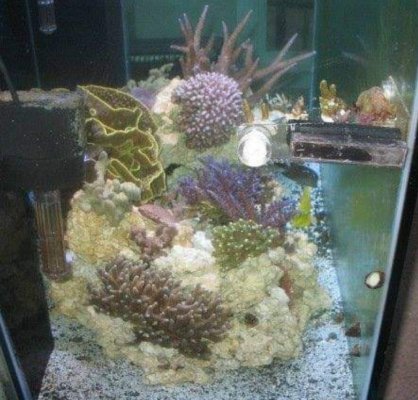- Joined
- Jun 9, 2020
- Messages
- 1,012
- Reaction score
- 788
I don't like being "cheap'' I like to be effective. One could spend hundreds of dollars on Red Sea's trace elements just to get a name brand. I have an old liter jug full of liquidized iron and dose when I need to. I spend 18 cents every six months, other guys spend 30 bucks a package. Different price same results.I agree with this. I would also like to point out that if you want it to be a method, you are still going to need to work and spend money. If your goal is to be lazy or cheap and do nothing, then that is not a method or the method... your tank will waste away or at least limit you to a subset of only the most forgiving creatures.
The DSR folks WORK HARD. I took a lot of time to study and understand this to see if it was for me. I respect them, their methodologies and all that I learned but It was not for me - too much work and probably more money (money was not a factor at all for me, but I can change 176 gallons of water for less than the cost of a single ICP test).




















